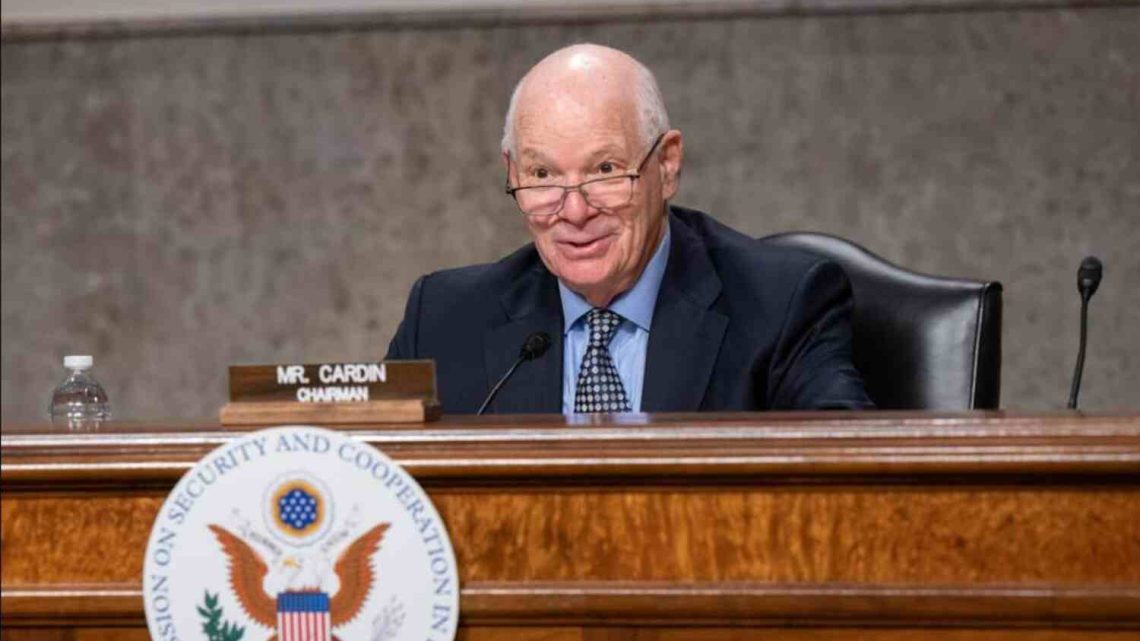
US senator worries about CAA’s impact on Indian Muslims
March 20, 2024American Senator Ben Cardin has expressed profound apprehension regarding the potential repercussions of India’s Citizenship Amendment Act (CAA) on Muslims, following the Modi government’s notification of its implementation rules last week.
Senator Ben Cardin, who chairs the influential Senate Foreign Relations Committee, has labeled the CAA as contentious, emphasizing his deep concern over its impact on Indian Muslims. His concerns were highlighted amidst the holy month of Ramadan, adding to the sensitivity of the issue.
This statement by Senator Cardin echoes the escalating international attention towards India’s treatment of minority groups, particularly concerning religious freedom and human rights. It aligns with broader apprehensions voiced by various international human rights organizations and diplomatic bodies regarding the potential marginalization and discrimination faced by Muslims under the CAA.
The implementation of the CAA in India has stirred significant controversy, as it opens pathways to citizenship for undocumented non-Muslim migrants from Pakistan, Bangladesh, and Afghanistan. Last week, the US State Department also expressed concerns over the notification of the CAA, emphasizing the importance of respecting religious freedom and ensuring equal treatment for all communities, fundamental principles of democracy.
Passed in December 2019, the CAA has sparked domestic and international discord due to its exclusionary nature, offering expedited citizenship to religious minorities from neighbouring countries while explicitly excluding Muslims. Critics argue that such a law perpetuates discrimination against Muslims, exacerbating religious tensions and widening social divides.
Senator Cardin’s remarks underscore a growing global concern regarding the CAA’s potential implications, particularly for India’s Muslim community. They reflect the broader international consensus that policies affecting religious minorities should uphold principles of equality and non-discrimination.
The criticism and scrutiny faced by India over the CAA highlight the importance of safeguarding the rights and dignity of all individuals, irrespective of their religious affiliations. It also underscores the significance of maintaining open dialogue and cooperation between nations to address issues of human rights and religious freedom effectively.
As India moves forward with the implementation of the CAA, it faces mounting pressure to address the concerns raised by the international community and ensure that the rights of all its citizens are protected and respected.

